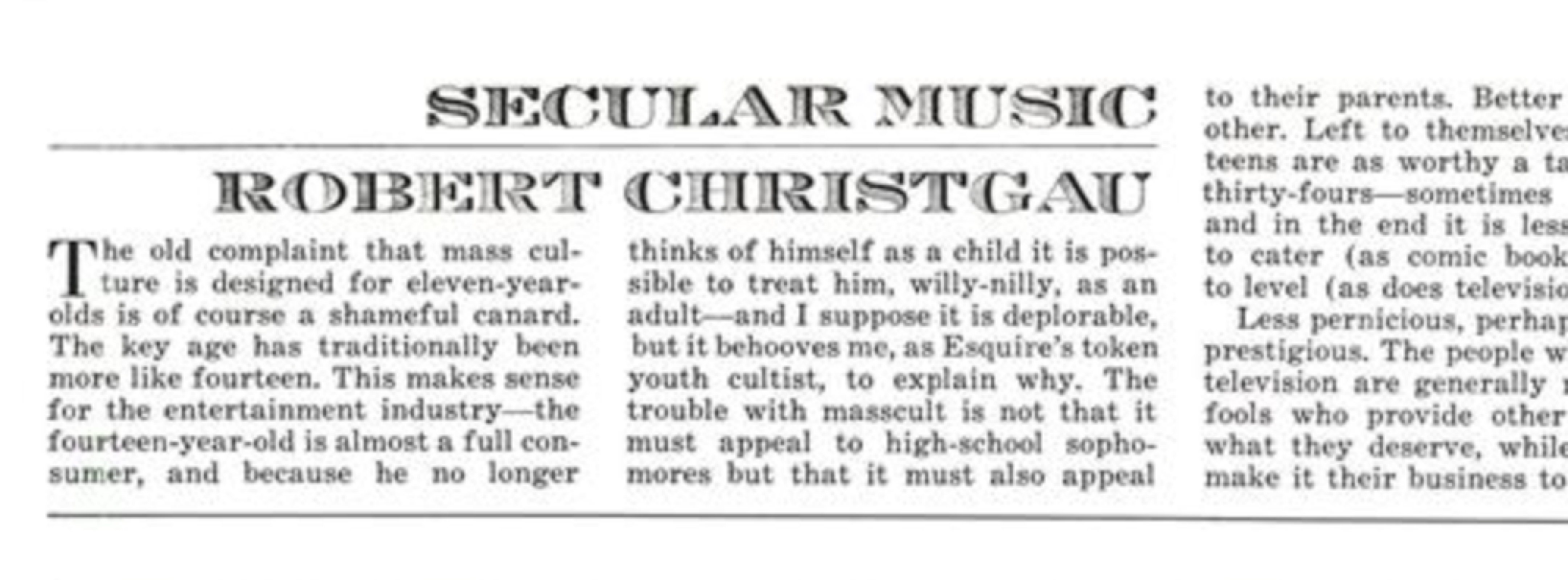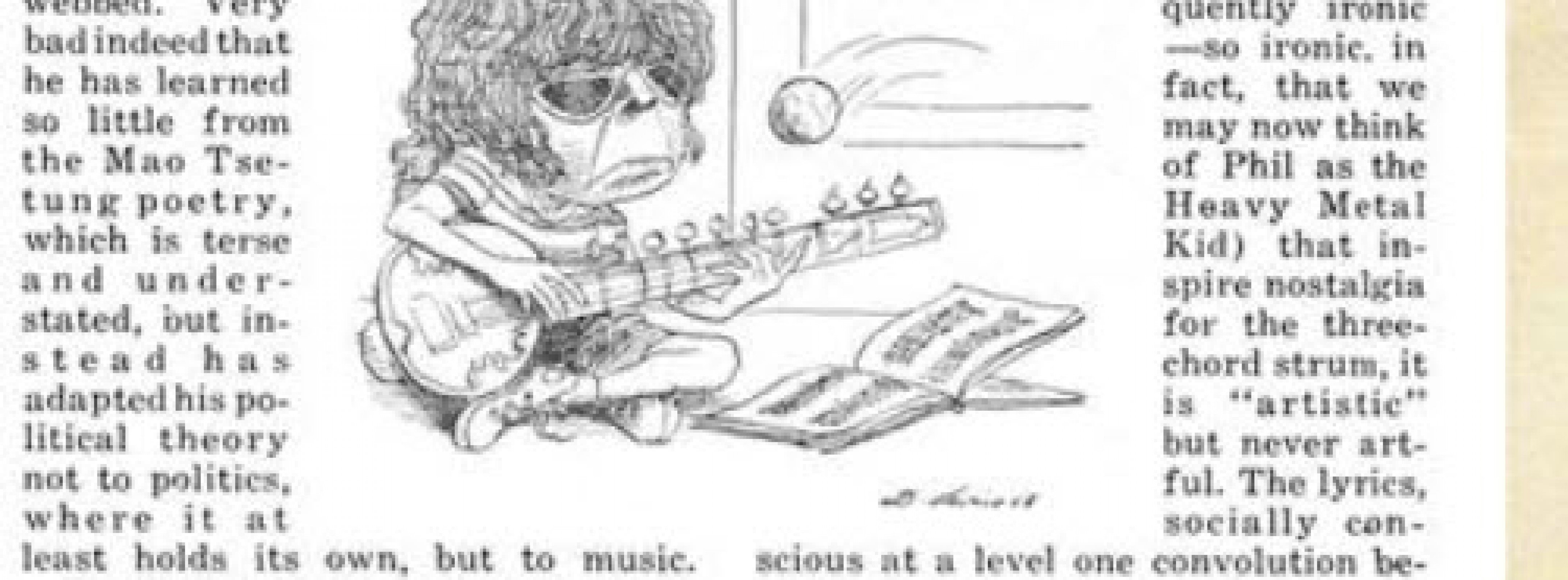Have you ever wondered what makes a song "secular"? It's a question many people ask, and it gets right to the heart of how we categorize music in our daily lives. So, what exactly does that term mean when we talk about the tunes we listen to, the ones that fill our homes, cars, and public spaces? Understanding the secular music definition helps us appreciate the vast soundscapes around us, recognizing that not all music serves a religious purpose.
In contemporary English, the word "secular" is primarily used to distinguish something that is not specifically religious or sectarian in nature. For example, we might talk about secular attitudes or beliefs, and that, too, is very much the case with music. It's about things uninvolved with religion, like a separation of ideas, in a way.
When we look at definitions, like those from the Cambridge Academic Content Dictionary, "secular" often means not having any connection with religion. This applies to society, education, and, quite significantly, music. Anything not affiliated with a church or a specific faith can be called secular, and that really broadens our view of what music can be, doesn't it?
Table of Contents
- What is Secular Music? A Core Explanation
- The Essence of Secular: Distinguishing It
- A Broad and Diverse Musical Category
- Secular vs. Sacred: A Historical Perspective
- Why the Distinction Matters
- Frequently Asked Questions About Secular Music
- Exploring the Captivating World of Non-Religious Music
What is Secular Music? A Core Explanation
Secular music, a term often used to describe a wide range of musical genres and styles, refers to music that is not specifically religious in nature. It's that simple, yet it encompasses so much. This category is quite broad, including everything from modern pop songs to the songs of early troubadours, and that's pretty amazing when you think about it.
Basically, secular music refers to any music not composed for religious purposes. This means it doesn't focus on direct praise, worship, or glorification of a god or divine being. So, if a song isn't trying to connect you with a spiritual practice, it's very likely secular, and that's a key way to tell them apart.
It's generally understood as any musical expression that does not focus on direct praise, worship, or glorification of a god. This definition, too, is pretty consistent across various sources. It's about the intent behind the music, and that really makes a difference.
The Essence of Secular: Distinguishing It
To really get a grip on the secular music definition, it helps to break down what "secular" itself means. The word, you know, has a clear meaning beyond just music. It's about what something is *not*, as much as what it *is*, and that's kind of interesting.
Not Religious or Sacred
One of the main points is that secular refers to things that are not connected with religious or spiritual matters. This means the music isn't for church services, meditation, or religious rituals. It's not bound by the full monastic rule of a religious order, for example, and that's a pretty clear line.
It can refer to secular activities, institutions, philosophies, or viewpoints that exist separately from religion. So, when music falls into this category, it's because its purpose and content are outside the scope of religious devotion. This, too, helps us understand its distinct character.
Worldly and Naturalistic Considerations
The meaning of "secular" is often "of or relating to the worldly or temporal." This means it's about things of this world, rather than the spiritual or the afterlife. It's about human affairs based on naturalistic considerations, uninvolved with religion, and that's a pretty fundamental idea.
Music in this vein might explore human emotions, relationships, nature, daily life, historical events, or simply be for entertainment. It's about things that are not regarded as religious, spiritual, or sacred. You know, it's about life as we live it, and that's a very big part of its appeal.
A Broad and Diverse Musical Category
Secular music is a broad and diverse genre that encompasses any music not specifically created for religious purposes. This really means a lot of different sounds and styles are included. It's not just one type of music, but a whole universe of sound, and that's something to appreciate.
It encompasses a wide range of musical styles and forms, from pop and rock to jazz and blues. Think about all the different kinds of music you hear every day; most of it, quite honestly, is secular. It's the soundtrack to our lives, in a way, and that's pretty cool.
From Ancient Troubadours to Modern Pop
The history of secular music is as long and rich as human history itself. The songs of early troubadours, for instance, were very much secular, telling stories of love, chivalry, and daily life. These were not hymns or chants, but expressions of human experience, and that's a clear distinction.
Today, this category includes virtually every genre you can name: pop, rock, hip-hop, country, classical symphonies, folk songs, and instrumental pieces not meant for worship. It's music for dancing, for storytelling, for expressing feelings, or just for enjoying. So, it's almost everything we hear on the radio or streaming services, isn't it?
Evolving with the Times
Secular music continues to evolve and adapt to the changing times. As societies change, so does the music they create. New instruments, new technologies, and new social movements all shape the sounds we hear. This ongoing change means the definition, while consistent in its core, always has fresh examples, and that's a really dynamic aspect.
The themes and styles reflect contemporary human affairs, interests, and artistic expressions. It's a mirror of our world, showing us what people care about, what they struggle with, and what brings them joy. You know, it's a living, breathing thing, and that's pretty special.
Secular vs. Sacred: A Historical Perspective
La música secular no religiosa y la música sacra fueron los dos géneros principales de la música occidental durante la Edad Media y el Renacimiento. This historical contrast is very important for understanding the terms. For centuries, these two types of music existed side-by-side, each serving a distinct purpose, and that's quite a historical insight.
Sacred music, on the one hand, was composed for religious ceremonies, rituals, and worship. Think of Gregorian chants, church hymns, or oratorios. Its purpose was to connect listeners with the divine, to inspire reverence, or to convey religious narratives. This, too, has a very clear role in society.
Secular music, conversely, was for entertainment, storytelling, dancing, or simply expressing human emotions outside of a religious context. The earliest written examples of secular music, for instance, show us songs about everyday life, love, or historical events. It's a bit like two different paths for music, isn't it?
This division helped shape the development of Western music, influencing everything from musical forms to instrumentation. While the lines can sometimes blur, especially in modern times, the fundamental distinction remains a key concept in music history. So, understanding this historical split really helps clarify things.
Why the Distinction Matters
Knowing the secular music definition is more than just a matter of academic interest; it helps us categorize and understand the vast world of sound around us. It gives us a framework for discussing music's purpose and its role in different societies. You know, it's about making sense of what we hear.
It helps us appreciate how music serves various emotional purposes and needs for human culture, as it has for centuries. For our various emotional needs, there are different kinds of music to fulfill them. This distinction allows us to recognize the incredible diversity of human expression through sound, and that's a pretty big deal.
Whether you're listening to a pop anthem, a classical symphony, or a folk tune, if it's not specifically for religious devotion, it's secular. This simple idea helps us navigate the incredible breadth of musical genres. So, it's actually quite a useful concept for anyone who loves music.
Frequently Asked Questions About Secular Music
People often have a few questions about secular music, especially when trying to figure out what it means for certain songs. Here are some common inquiries that come up, you know, when people are trying to get a clearer picture.
Is all non-religious music considered secular?
Yes, by definition, any music not composed for religious purposes is considered secular. This includes a very wide range of genres and styles, from classical orchestral pieces to modern electronic dance music. So, if it's not tied to faith, it's pretty much secular, and that's a straightforward way to look at it.
Can secular music have positive or uplifting messages?
Absolutely! Secular music often has very positive, uplifting, or even deeply philosophical messages. The content of secular music can cover the entire spectrum of human experience, including love, joy, hope, resilience, and inspiration. It's not about the message being "bad" or "good," but about its connection to religion, and that's a key point.
What are some common examples of secular music genres today?
Many of the most popular music genres today are secular. This includes pop, rock, jazz, blues, hip-hop, country, folk, electronic music, and most classical compositions that are not explicitly sacred. Basically, if it's on the radio or a streaming playlist and not a hymn, it's very likely secular, and that's a pretty easy way to spot it.
Exploring the Captivating World of Non-Religious Music
Discover the captivating world of secular music in this enlightening article, as it truly is a vast and varied landscape. It's a genre of music that is not religious in nature, encompassing a wide range of musical styles and forms. From the earliest human expressions to the latest chart-toppers, this music has always been a part of our lives, and that's pretty remarkable.
Secular music, you know, is about humanity's journey, its joys, its sorrows, its stories, and its dreams. It's the soundtrack to our everyday existence, reflecting the diverse tapestry of human culture. This continuous evolution and adaptation to changing times make it a fascinating subject to explore. Learn more about music's role in society on our site, and you can also find more details on this page here.
Whether you're a casual listener or a dedicated music enthusiast, understanding the secular music definition helps you appreciate the richness and diversity of sound around us. It's a simple concept with profound implications for how we understand and engage with the art of music. So, keep listening, keep exploring, and enjoy the incredible world of non-religious music, because it's truly boundless. For more information on musical definitions, you might want to check a reputable music resource.



